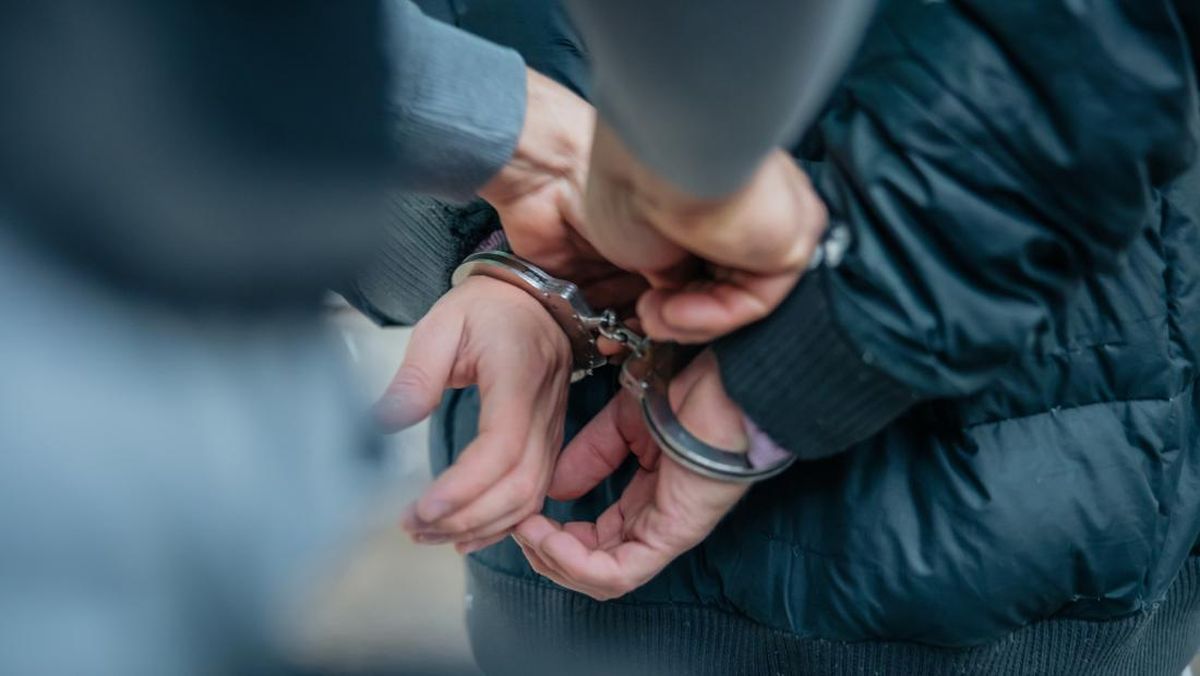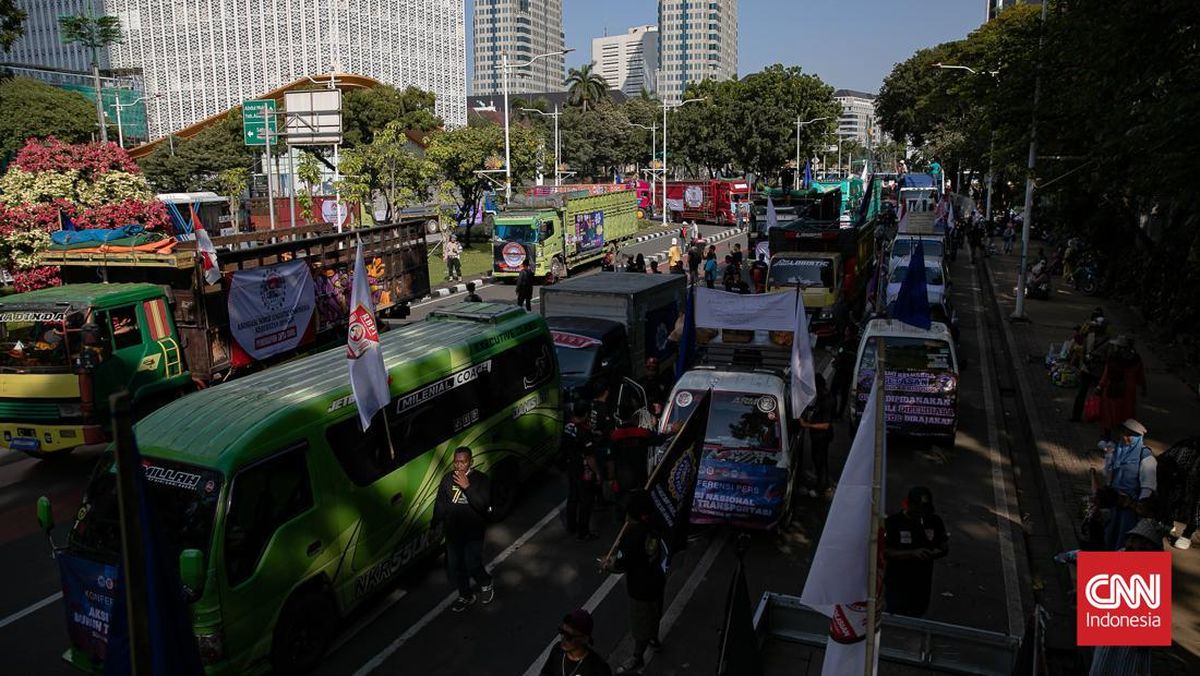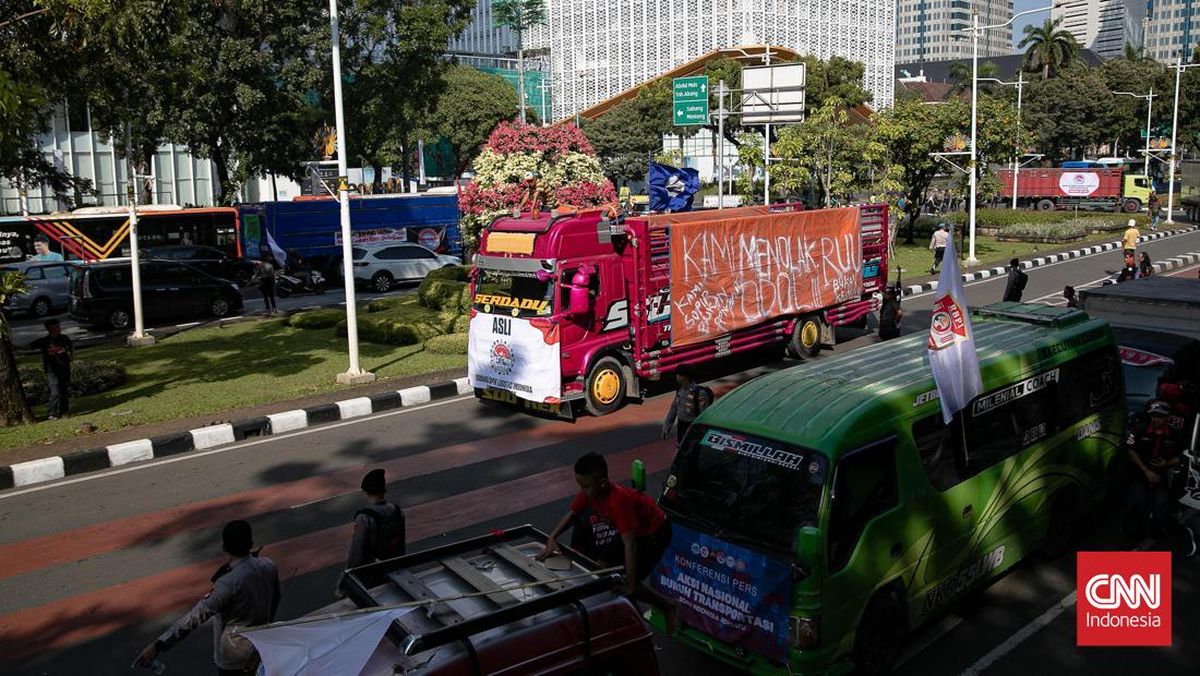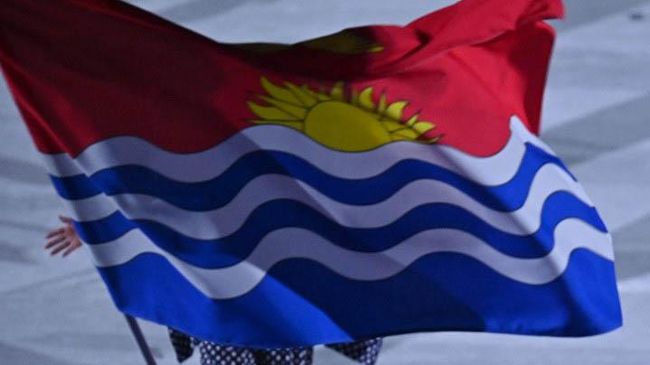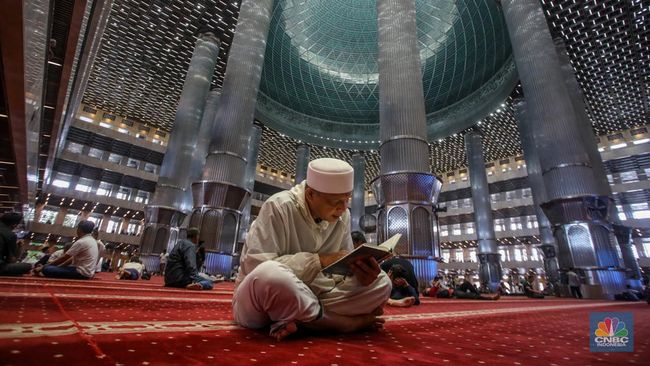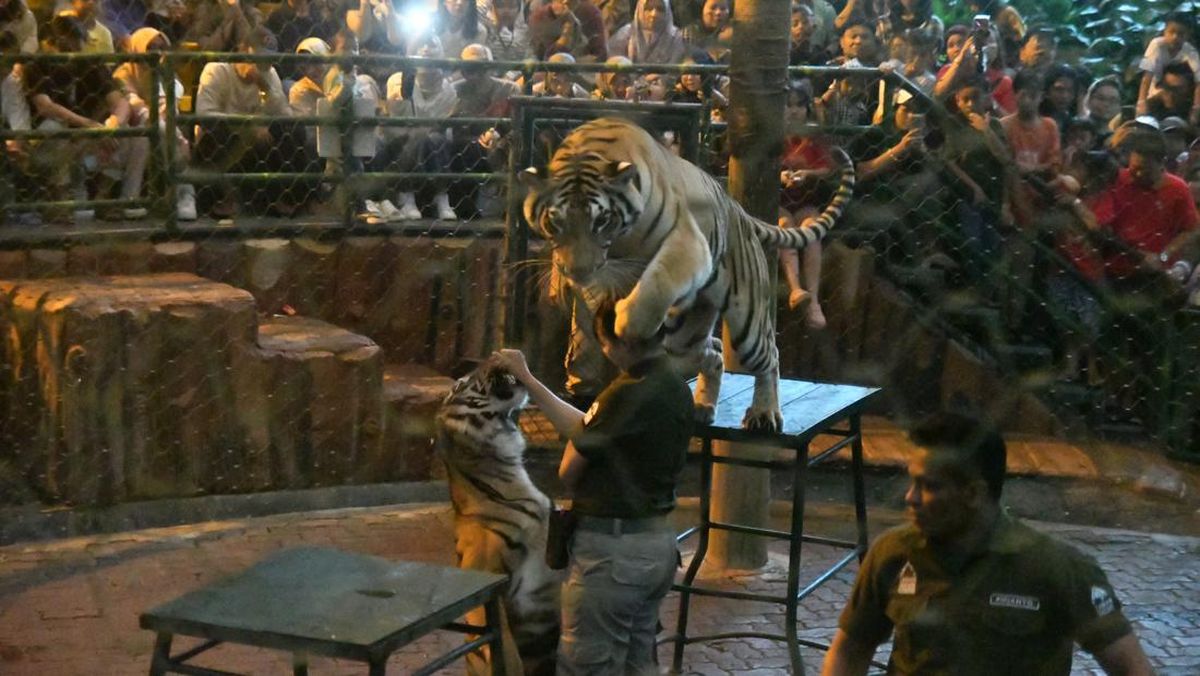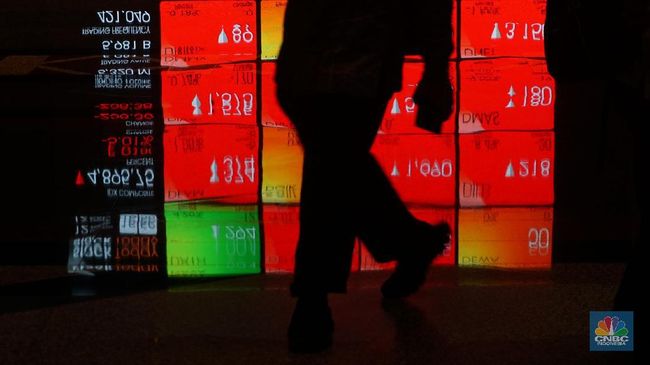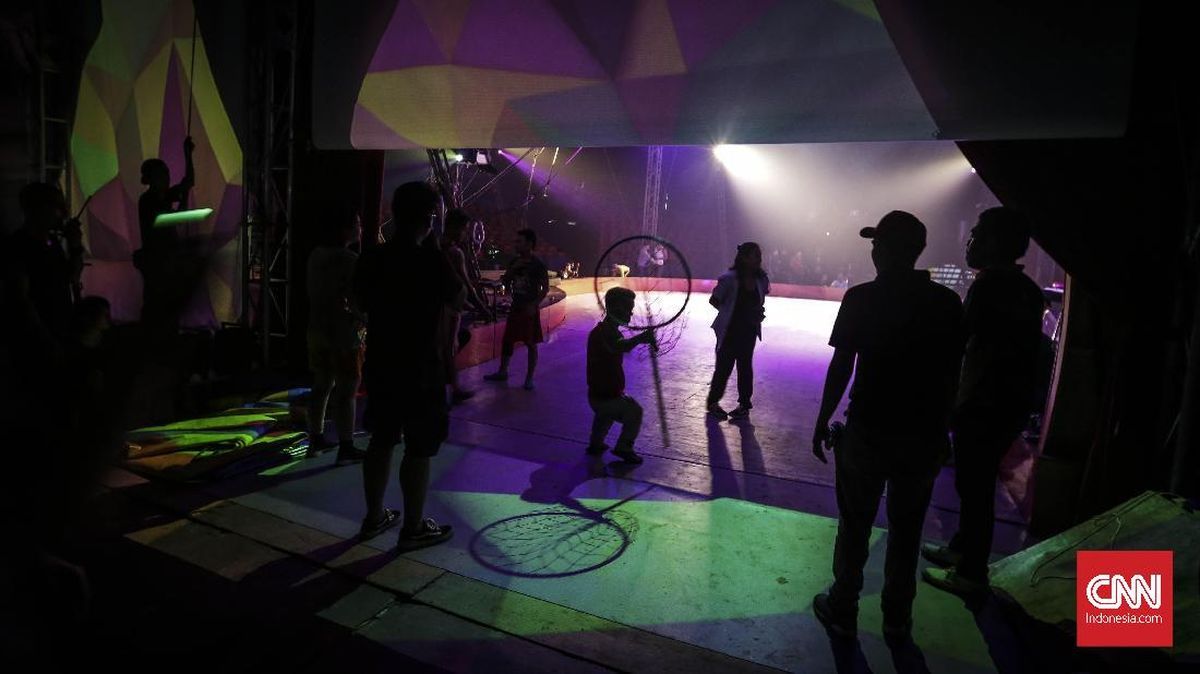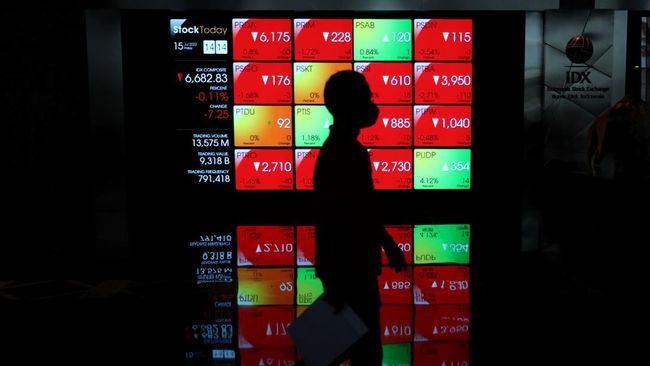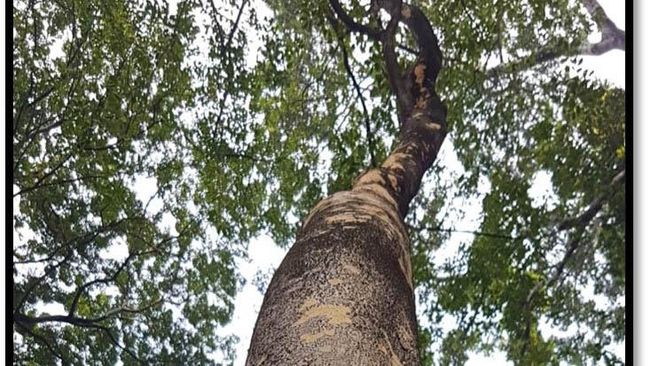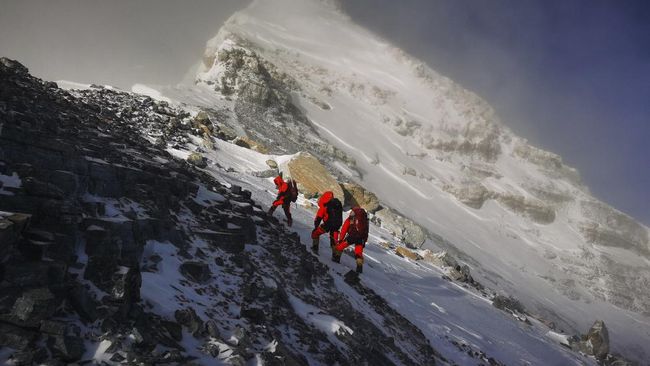Alongside fireworks and drone shows, people will have another excuse to look up at the sky this week, at least in select parts of the US. The sun has graced Earth with another round of solar material, which will interact with our atmosphere and make sections of the sky glow. Of course, we're talking about the aurora borealis, and it'll be visible in 16 states on Tuesday and Wednesday night.
Of the two days, Tuesday night into Wednesday morning will be your best shot. The Space Weather Prediction Center is forecasting a Kp 5 magnetic storm that's scheduled to hit over six hours starting late Monday evening. The K-Index measures the horizontal impact of geomagnetic storms, and a Kp 5 rating results in what the National Oceanic and Atmospheric Administration calls a "moderate" aurora.
Things will calm down a bit Wednesday night going into Thursday morning, with the aurora pulling back a little and being less visible, unless you're on the northern border with Canada. NOAA is forecasting a Kp 4 magnetic storm that night.
NOAA predicts the northern lights reaching into the US on Tuesday and Wednesday.
NOAAWhich states could see the aurora borealis?
According to the Space Weather Prediction Center, Tuesday night's aurora will be visible in Alaska, Washington state, Idaho, Montana, Wyoming, North and South Dakota, Minnesota, Iowa, Wisconsin, Michigan, and the northernmost sections of New York, Vermont, New Hampshire and most of Maine.
Alaska and Canada will have the best views by a wide margin, with the entire state of Alaska getting coverage. Technically, there will also be a slice of Oregon, putting the full number at 16, but unless you live on the northeastern tip, you likely won't see anything.
Much like with the Earth's weather, space weather prediction can be hit or miss. So if you're in any of the above states, it's worth taking a look if you're up that late. The magnetic storm may be slightly stronger or weaker than forecast, which will affect how far south the northern lights reach. This event won't be as strong as the epic show we saw in May 2024.
Tips on viewing the northern lights
The standard space viewing tips all apply here. You'll get a better view if you get away from the city and suburbs to avoid light pollution. Weather will play a role as well, since any clouds will obfuscate the view. If you attempt to photograph the aurora, we recommend using long exposure times to give your camera more time to soak in the light.
Other than that, you'll want to look toward the northern horizon to give yourself the best chance at a good view, since (as you may've guessed) that's where the northern lights originate.

 9 hours ago
6
9 hours ago
6




